AUTHORITIES WARN OF ANOTHER SPIKE
입력 2020.12.22 (14:58)
수정 2020.12.22 (16:45)
읽어주기 기능은 크롬기반의
브라우저에서만 사용하실 수 있습니다.
[Anchor Lead]
Korea recorded its highest daily death toll from Covid-19 on Monday. With the number of critically ill patients increasing, health authorities warned the nation will continue to see daily infections surpass 1,000 next week unless the ongoing spike is curbed.
[Pkg]
Eighty-one people died from COVID-19 over the past week in Korea. Those aged 60 or over accounted for 95 percent of the victims, as the virus spread widely at nursing homes and hospitals accommodating elderly people with chronic, underlying illnesses. The proportion of patients in their 60s or older, who are considered a high-risk group, has been growing steadily over the past four weeks. Health authorities predicted the nation will continue to add 1,000 to 1,200 new infections daily next week if the situation goes unchecked.
[Soundbite] JUNG EUN-KYEONG(KDCA DIRECTOR) : "We have been able to block a surge in infections to some degree. But it is not enough to curb and reverse the pandemic. We need to keep a close eye on it further."
Currently, 274 patients are in critical condition. But there are only 42 sickbeds for seriously ill patients across the nation. Gyeonggi-do Province and Incheon have no empty sickbeds for critically ill patients, despite a spike in infections there, while Seoul has only has six left. Nine new sickbeds for seriously ill patients were added at Ewha Womans University Seoul Hospital, Kyung Hee University Medical Center and Sinchon Severance Hospital. But the most urgent task is to curb the spike in critically ill patients, as it takes time for the necessary personnel to be assigned to them. Therefore, the government has strengthened anti-virus measures at high-risk facilities such as nursing hospitals. It issued an administrative order to require such facilities to conduct COVID-19 tests on their patients at shorter intervals. It also bans their employees from holding private meetings. The government will designate hospitals that will effectively treat COVID-19 patients transfered from high-risk facilities with more nurses dispatched.
Korea recorded its highest daily death toll from Covid-19 on Monday. With the number of critically ill patients increasing, health authorities warned the nation will continue to see daily infections surpass 1,000 next week unless the ongoing spike is curbed.
[Pkg]
Eighty-one people died from COVID-19 over the past week in Korea. Those aged 60 or over accounted for 95 percent of the victims, as the virus spread widely at nursing homes and hospitals accommodating elderly people with chronic, underlying illnesses. The proportion of patients in their 60s or older, who are considered a high-risk group, has been growing steadily over the past four weeks. Health authorities predicted the nation will continue to add 1,000 to 1,200 new infections daily next week if the situation goes unchecked.
[Soundbite] JUNG EUN-KYEONG(KDCA DIRECTOR) : "We have been able to block a surge in infections to some degree. But it is not enough to curb and reverse the pandemic. We need to keep a close eye on it further."
Currently, 274 patients are in critical condition. But there are only 42 sickbeds for seriously ill patients across the nation. Gyeonggi-do Province and Incheon have no empty sickbeds for critically ill patients, despite a spike in infections there, while Seoul has only has six left. Nine new sickbeds for seriously ill patients were added at Ewha Womans University Seoul Hospital, Kyung Hee University Medical Center and Sinchon Severance Hospital. But the most urgent task is to curb the spike in critically ill patients, as it takes time for the necessary personnel to be assigned to them. Therefore, the government has strengthened anti-virus measures at high-risk facilities such as nursing hospitals. It issued an administrative order to require such facilities to conduct COVID-19 tests on their patients at shorter intervals. It also bans their employees from holding private meetings. The government will designate hospitals that will effectively treat COVID-19 patients transfered from high-risk facilities with more nurses dispatched.
■ 제보하기
▷ 카카오톡 : 'KBS제보' 검색, 채널 추가
▷ 전화 : 02-781-1234, 4444
▷ 이메일 : kbs1234@kbs.co.kr
▷ 유튜브, 네이버, 카카오에서도 KBS뉴스를 구독해주세요!
- AUTHORITIES WARN OF ANOTHER SPIKE
-
- 입력 2020-12-22 14:58:33
- 수정2020-12-22 16:45:52
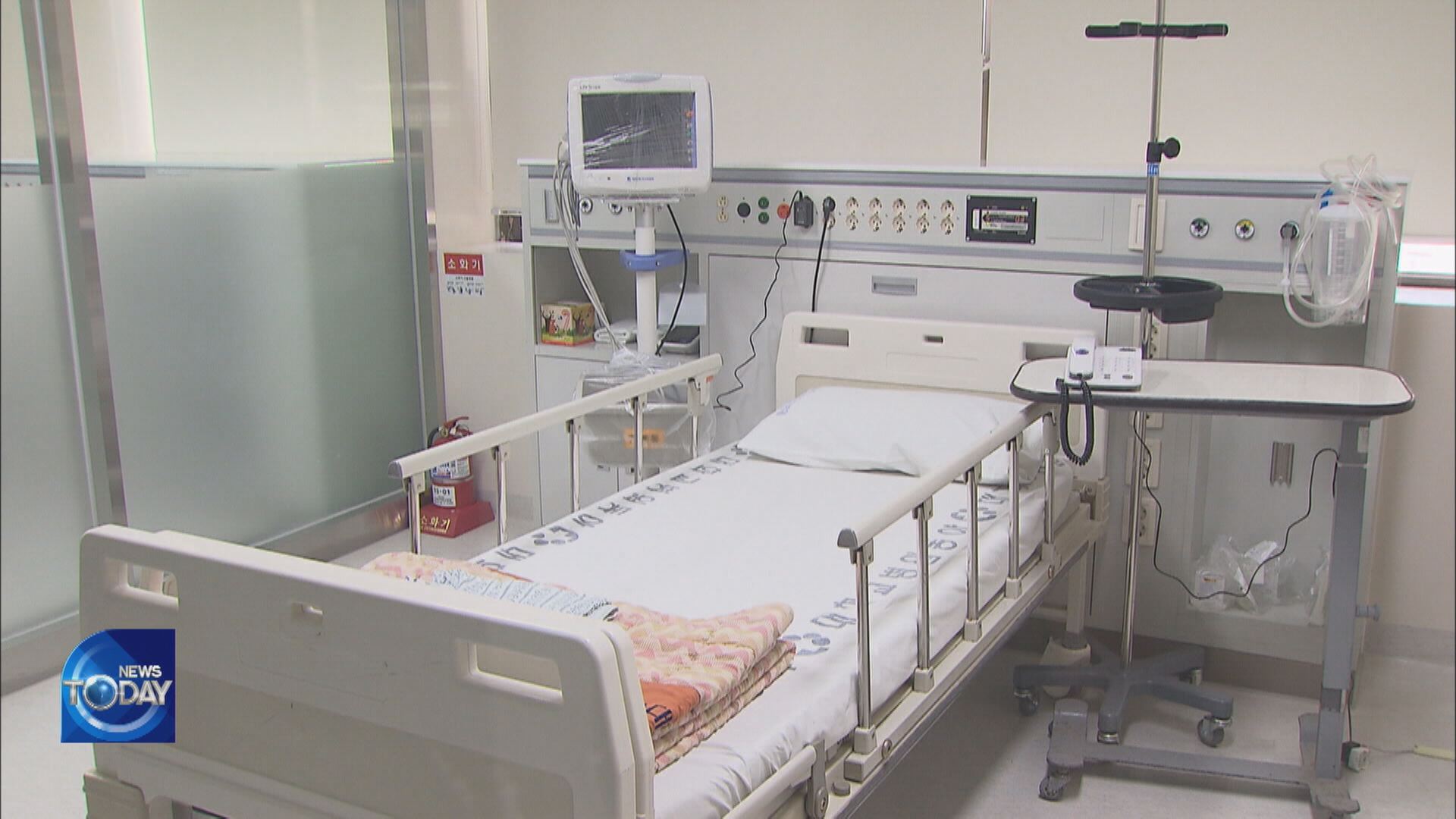
[Anchor Lead]
Korea recorded its highest daily death toll from Covid-19 on Monday. With the number of critically ill patients increasing, health authorities warned the nation will continue to see daily infections surpass 1,000 next week unless the ongoing spike is curbed.
[Pkg]
Eighty-one people died from COVID-19 over the past week in Korea. Those aged 60 or over accounted for 95 percent of the victims, as the virus spread widely at nursing homes and hospitals accommodating elderly people with chronic, underlying illnesses. The proportion of patients in their 60s or older, who are considered a high-risk group, has been growing steadily over the past four weeks. Health authorities predicted the nation will continue to add 1,000 to 1,200 new infections daily next week if the situation goes unchecked.
[Soundbite] JUNG EUN-KYEONG(KDCA DIRECTOR) : "We have been able to block a surge in infections to some degree. But it is not enough to curb and reverse the pandemic. We need to keep a close eye on it further."
Currently, 274 patients are in critical condition. But there are only 42 sickbeds for seriously ill patients across the nation. Gyeonggi-do Province and Incheon have no empty sickbeds for critically ill patients, despite a spike in infections there, while Seoul has only has six left. Nine new sickbeds for seriously ill patients were added at Ewha Womans University Seoul Hospital, Kyung Hee University Medical Center and Sinchon Severance Hospital. But the most urgent task is to curb the spike in critically ill patients, as it takes time for the necessary personnel to be assigned to them. Therefore, the government has strengthened anti-virus measures at high-risk facilities such as nursing hospitals. It issued an administrative order to require such facilities to conduct COVID-19 tests on their patients at shorter intervals. It also bans their employees from holding private meetings. The government will designate hospitals that will effectively treat COVID-19 patients transfered from high-risk facilities with more nurses dispatched.
Korea recorded its highest daily death toll from Covid-19 on Monday. With the number of critically ill patients increasing, health authorities warned the nation will continue to see daily infections surpass 1,000 next week unless the ongoing spike is curbed.
[Pkg]
Eighty-one people died from COVID-19 over the past week in Korea. Those aged 60 or over accounted for 95 percent of the victims, as the virus spread widely at nursing homes and hospitals accommodating elderly people with chronic, underlying illnesses. The proportion of patients in their 60s or older, who are considered a high-risk group, has been growing steadily over the past four weeks. Health authorities predicted the nation will continue to add 1,000 to 1,200 new infections daily next week if the situation goes unchecked.
[Soundbite] JUNG EUN-KYEONG(KDCA DIRECTOR) : "We have been able to block a surge in infections to some degree. But it is not enough to curb and reverse the pandemic. We need to keep a close eye on it further."
Currently, 274 patients are in critical condition. But there are only 42 sickbeds for seriously ill patients across the nation. Gyeonggi-do Province and Incheon have no empty sickbeds for critically ill patients, despite a spike in infections there, while Seoul has only has six left. Nine new sickbeds for seriously ill patients were added at Ewha Womans University Seoul Hospital, Kyung Hee University Medical Center and Sinchon Severance Hospital. But the most urgent task is to curb the spike in critically ill patients, as it takes time for the necessary personnel to be assigned to them. Therefore, the government has strengthened anti-virus measures at high-risk facilities such as nursing hospitals. It issued an administrative order to require such facilities to conduct COVID-19 tests on their patients at shorter intervals. It also bans their employees from holding private meetings. The government will designate hospitals that will effectively treat COVID-19 patients transfered from high-risk facilities with more nurses dispatched.
이 기사가 좋으셨다면
-
좋아요
0
-
응원해요
0
-
후속 원해요
0










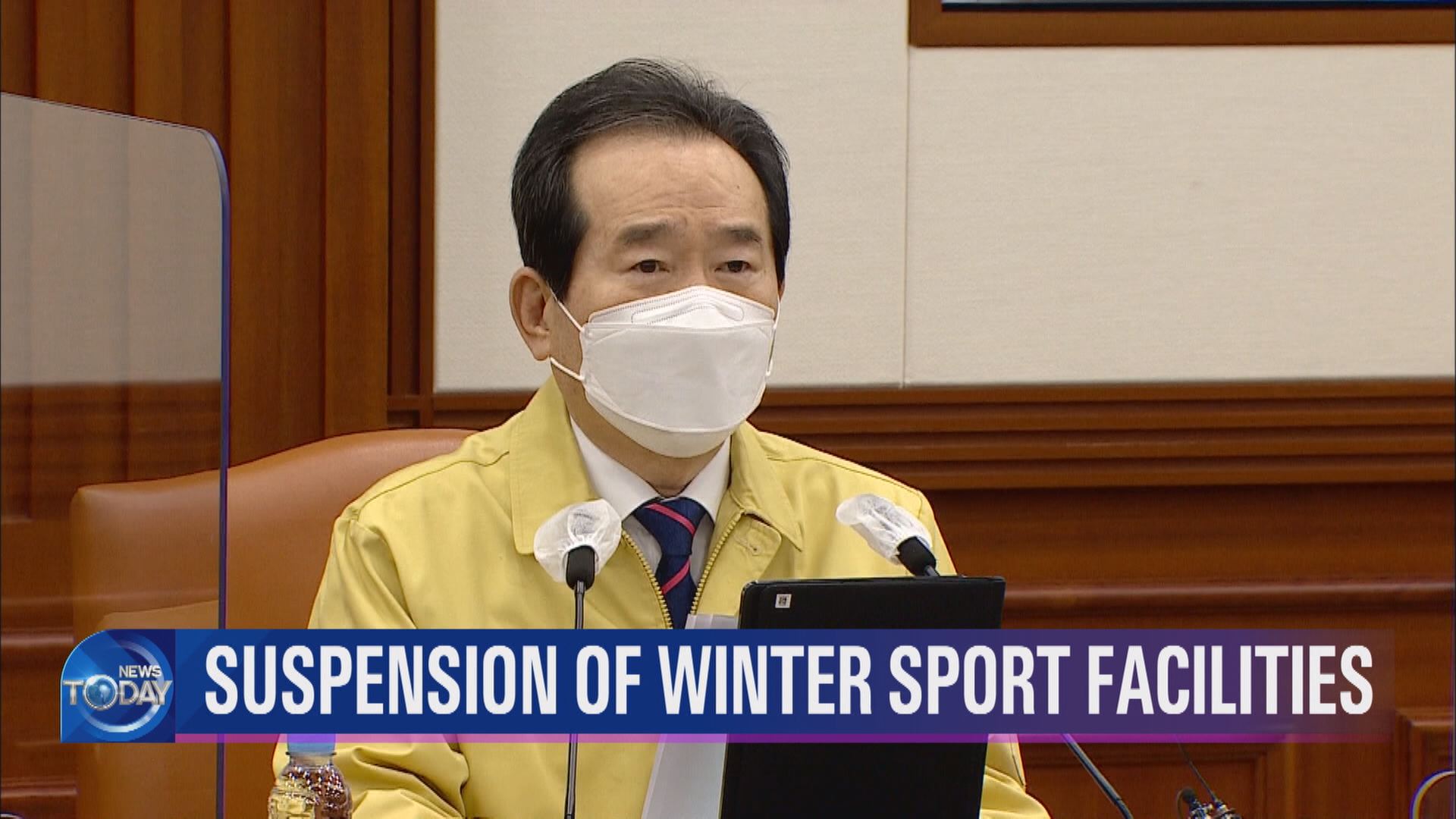
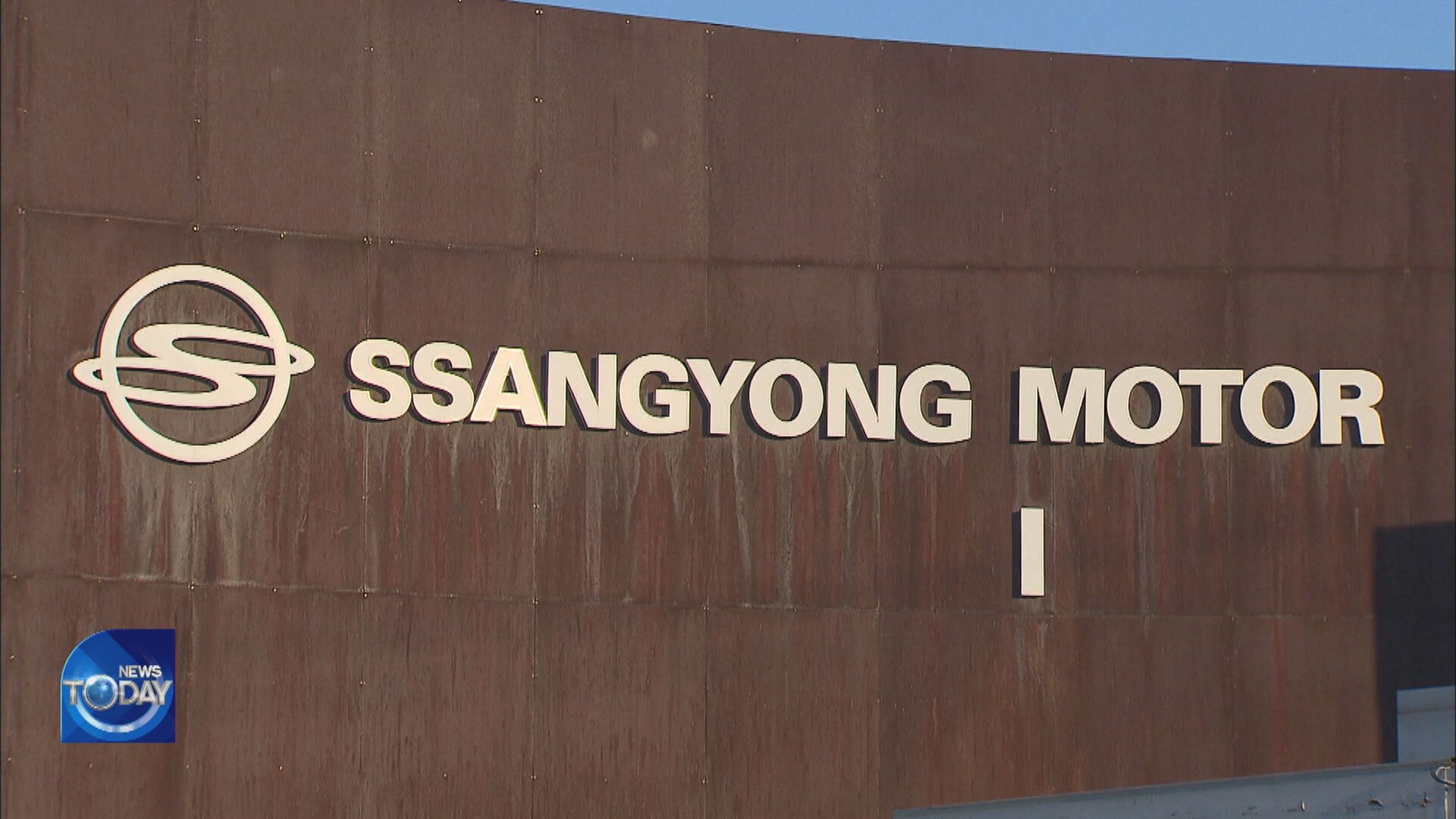
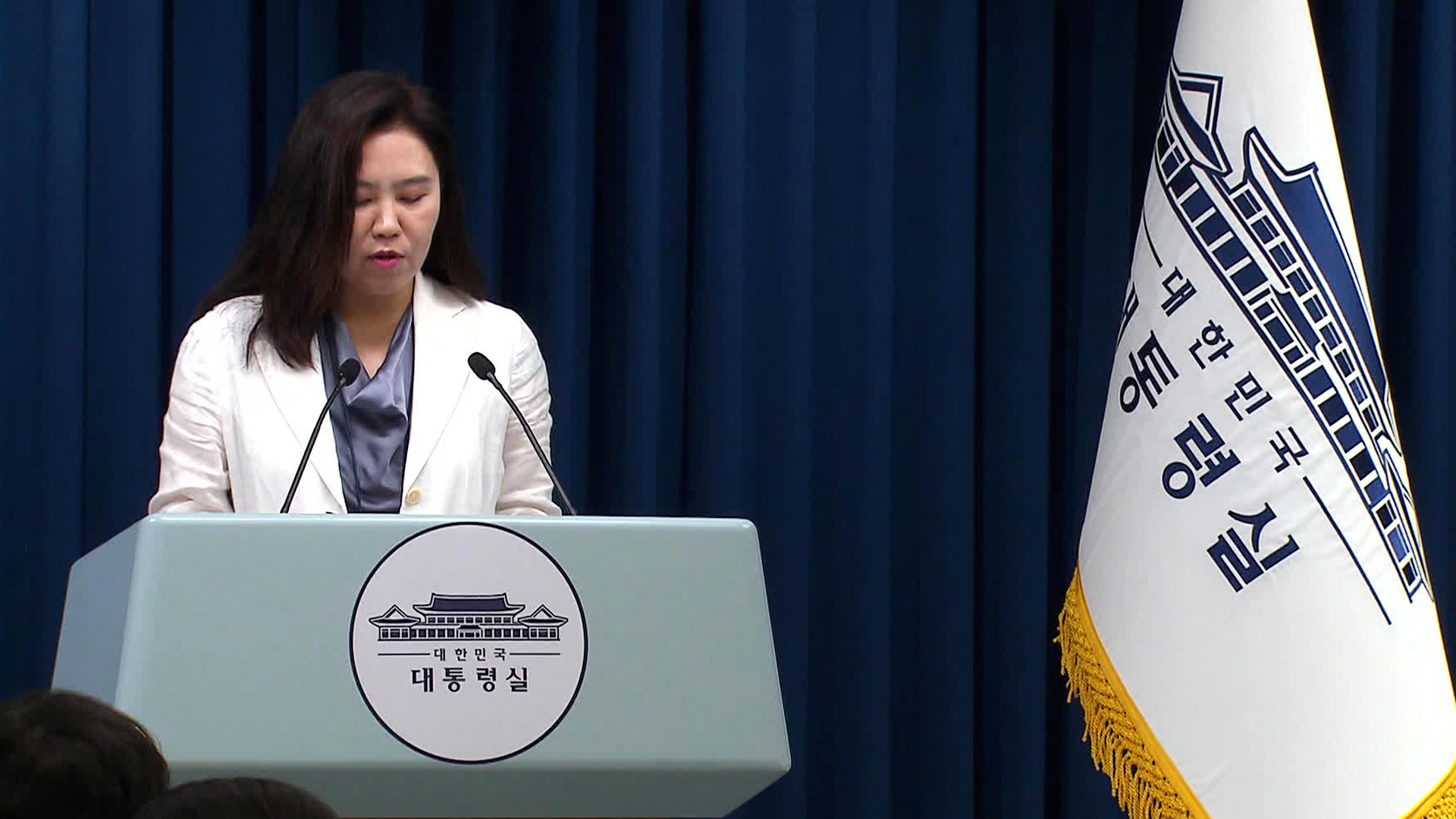
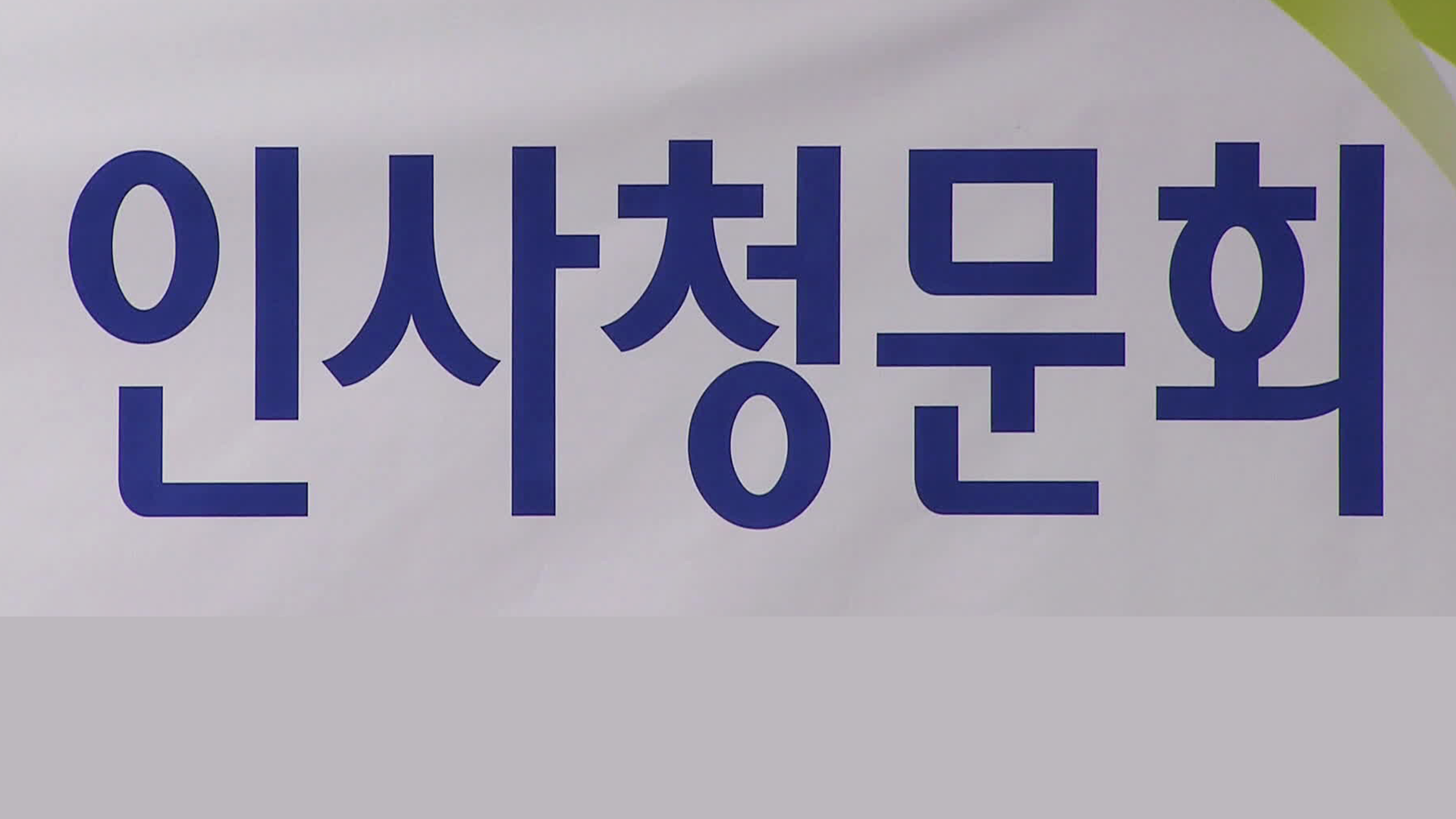
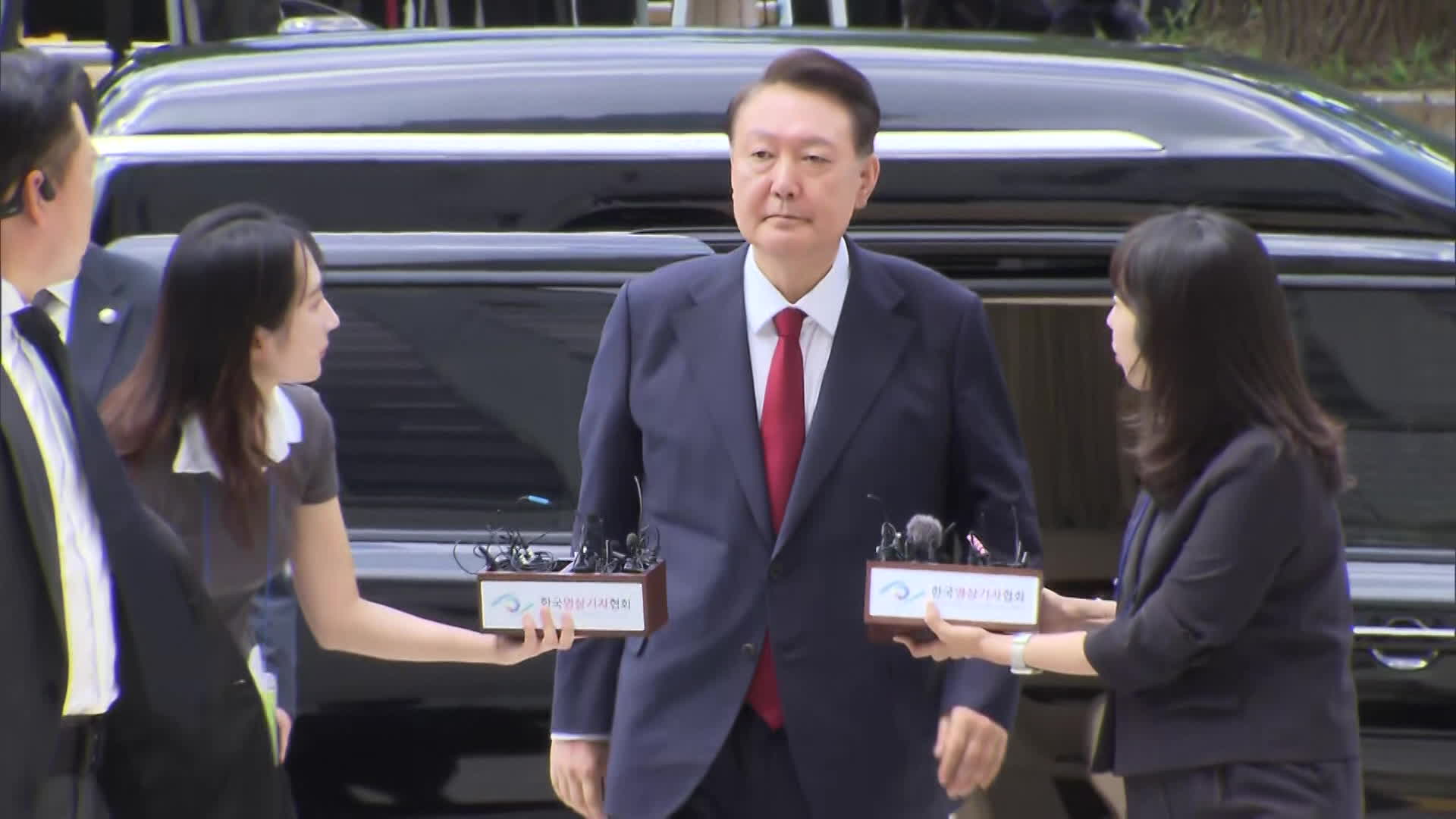
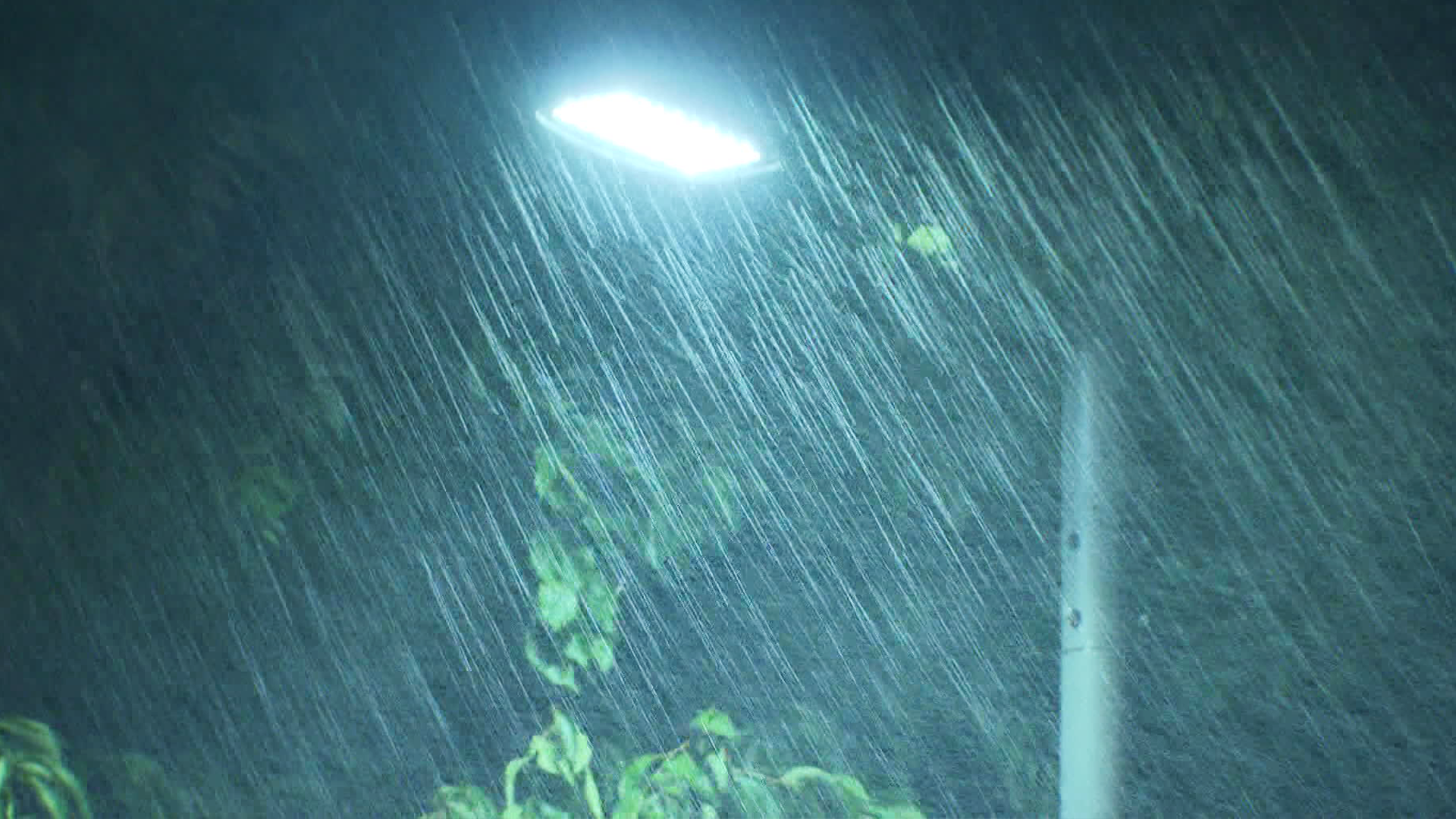

이 기사에 대한 의견을 남겨주세요.